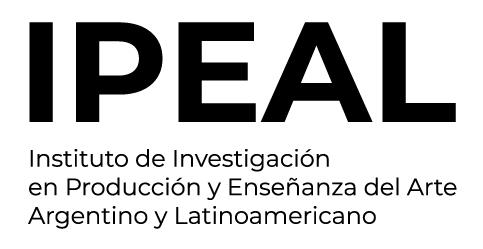Dos polos opuestos
Representaciones en la idolatría de la técnica
Keywords:
Cine nacional, ritmo interno, plano secuencia, polaridad, actuación, guionAbstract
En este texto propongo una lectura reflexiva a partir de la producción de La idolatría de la técnica (2020), largometraje de ficción que realicé como Trabajo de Graduación para la Licenciatura en Artes Audiovisuales (orientación Realización), de la Facultad de Artes (FDA), Universidad Nacional de La Plata (UNLP). El eje del escrito buscará dar cuenta de dos elementos puestos en tensión constante a lo largo del film, bajo la oposición ideológica entre naturaleza y técnica, encarnada tanto desde la caracterización de lxs personajes como desde la puesta en forma audiovisual.References
Downloads
Published
How to Cite
Issue
Section
License
The acceptance of the manuscript by the magazine means the non-exclusive cession of the property rights of the authors in favour of the editor, who allows the reuse, after publication (post print), under a license Attribution-NonCommercial-NoDerivatives 4.0 International.
According to these terms, the material can be copied and redistributed by any means or in any format as long as a) the author and original source of the publication are quoted (magazine and URL of the work), access to the license is provided and whether changes have been made is mentioned; and b) the material is not used for commercial purposes.
The cession of non-exclusive rights means that after the publication (post print) in Metal the authors can publish their work in any language, means and format; in such cases it must be mentioned that the material was originally published in this magazine. Such cession also means the authorization of the authors for the work to be collected by SEDICI, the institutional archive of the Universidad Nacional de La Plata, and to be spread in the databases that the editorial team considers appropriate to increase the visibility of the publication and its authors.
Moreover, the magazine encourages the authors to deposit their productions in other institutional and thematic archives under the principle that offering the society the scientific and academic production without any restrictions contributes to a greater exchange of the global knowledge.



























